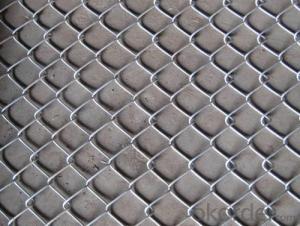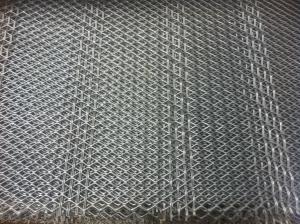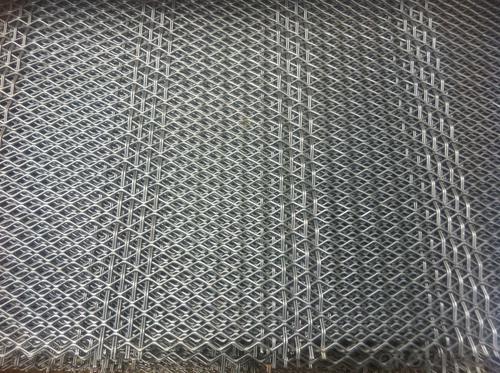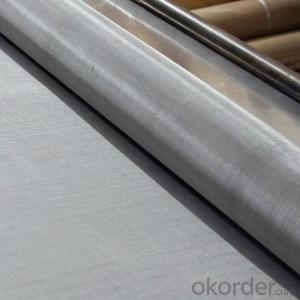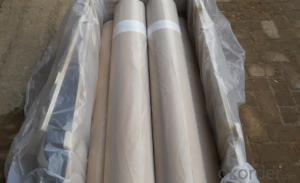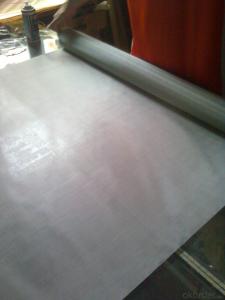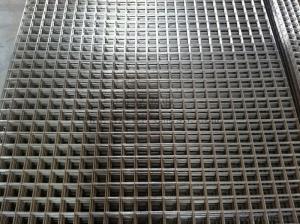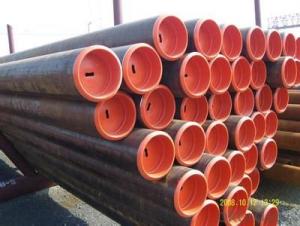Stainless Steel Wire Mesh Hot Sale and High Quality
- Loading Port:
- Shanghai
- Payment Terms:
- TT OR LC
- Min Order Qty:
- 500 roll
- Supply Capability:
- 10000 roll/month
OKorder Service Pledge
OKorder Financial Service
You Might Also Like
Material:
201,202,302,304,304L,316,316L
Guage:
1.wire diameter:0.1-3.0mm
2.Mesh: 1-650mesh.
3.Width:0.5-5m
3.Length:30m
Weave way
Dutch weave
Plain weave
Twill weave
Stainless steel wire mesh kind:
1, stainless steel plain weave mesh. 2, stainless steel twill mesh. 3, stainless steel mesh bamboo pattern. 4, five mechanized stainless steel mesh. 5, stainless steel perforated metal mesh. 6, stainless steel crimped wire mesh. 7, stainless steel chain link fence. 8, stainless steel mesh. 9, stainless steel welded wire mesh. 10, stainless steel hexagonal. 11, stainless steel I-Net. 12, stainless steel wire meshes. 13, stainless steel mine screen. 14 mesh stainless steel shells.
- Q: What are the different methods of pipe protection for steel pipes?
- There are several different methods of pipe protection for steel pipes, each serving a unique purpose and providing varying levels of protection. Some of the common methods include: 1. Coatings: Coatings are applied on the external surface of steel pipes to protect them from corrosion and other environmental factors. Coating materials can include various types of paints, epoxies, or polymers. These coatings create a barrier between the pipe surface and the surrounding environment, preventing the steel from coming into contact with corrosive elements. 2. Wrapping: Wrapping involves using a protective material, such as tape or shrink wrap, to cover the steel pipe. This method provides a physical barrier against moisture, chemicals, and other corrosive substances. Wrapping is often used in combination with coatings to enhance the overall protection. 3. Cathodic Protection: Cathodic protection is an electrochemical method used to protect steel pipes from corrosion. It involves connecting the steel pipe to a sacrificial anode, typically made of zinc or magnesium. The anode corrodes instead of the pipe, which helps to prevent the steel from deteriorating. This method is commonly used for buried or submerged pipelines. 4. Thermal Insulation: Thermal insulation is used to protect steel pipes from extreme temperatures. Insulating materials, such as foam or mineral wool, are applied around the pipe to minimize heat transfer. This method is particularly important for pipes carrying hot fluids or exposed to extreme weather conditions. 5. Vibration Dampening: Vibration can cause stress and fatigue on steel pipes, leading to potential damage. To protect against vibrations, various techniques can be employed, such as using vibration damping pads or installing supports and clamps. These methods help to absorb and dissipate the energy generated by vibrations, reducing the risk of pipe failure. 6. Concrete Coating: For pipelines installed underwater or in highly corrosive environments, concrete coating is often used. A layer of concrete or a cement-based mortar is applied to the steel pipe, providing both mechanical protection and resistance to corrosion. It is important to select the appropriate method of pipe protection based on the specific application, environmental conditions, and desired level of protection. Regular inspection and maintenance are also crucial to ensure the long-term integrity of steel pipes.
- Q: How do steel pipes withstand pressure?
- Steel pipes are able to withstand pressure due to their high strength and durability. The material properties of steel, including its tensile strength and resistance to deformation, allow it to withstand the internal forces caused by pressure without experiencing significant distortion or failure. Additionally, the seamless construction of steel pipes ensures that there are no weak points or joints that could compromise their ability to withstand pressure.
- Q: Can steel pipes be used for steam distribution?
- Yes, steel pipes can be used for steam distribution. Steel pipes are known for their high strength and durability, making them suitable for carrying steam at high temperatures and pressures. Additionally, steel pipes have excellent thermal conductivity, allowing for efficient heat transfer during steam distribution.
- Q: How are steel pipes measured and labeled?
- Steel pipes are typically measured and labeled based on their nominal pipe size (NPS), which refers to the inner diameter of the pipe. This measurement is expressed in inches or millimeters. Additionally, steel pipes are often labeled with their schedule or wall thickness, which is represented by a numerical value. The labeling also includes the pipe material, such as carbon steel or stainless steel, and may include other specifications and markings as required by industry standards and regulations.
- Q: How are steel pipes used in the pulp and paper industry?
- Steel pipes are widely used in the pulp and paper industry for various applications. They are primarily used for conveying corrosive chemicals, hot water, steam, and other fluids throughout the production process. Steel pipes provide high strength, durability, and resistance to corrosion, which is crucial in an industry where harsh chemicals are involved. They are used in the transportation of pulp, bleaching agents, and various liquids within the production facilities, ensuring efficient and reliable operations in the pulp and paper industry.
- Q: Why seamless steel pipe called seamless steel pipe?
- Seamless steel pipe is a hollow section, without the joint round, square, rectangular steel. Seamless steel tubes are made of ingots or billets made by piercing and are then made by hot rolling, cold rolling or cold casting. Seamless steel pipe with a hollow section, as pipe conveying fluid, compared withsteel and roundsteelinsolid, flexural torsional strength in the same time, the weight is light, is a kind of economic section steel, widely used in the manufacture of structural parts and mechanical parts, such as the oil pipe, automobile transmission shaft, bike frame and construction using steel scaffolding.
- Q: Are steel pipes suitable for high-temperature applications?
- Yes, steel pipes are suitable for high-temperature applications. Steel has excellent heat resistance properties, and steel pipes can withstand high temperatures without deformation or structural failure. Additionally, steel pipes can maintain their strength and durability even under extreme heat conditions, making them a reliable choice for various industrial and commercial applications involving high temperatures.
- Q: What is the difference between steel pipes and aluminum pipes?
- The main difference between steel pipes and aluminum pipes lies in their composition and properties. Steel pipes are made of an alloy of iron and carbon, which provides them with excellent strength and durability. They are often used in applications that require high-pressure or extreme temperatures. On the other hand, aluminum pipes are composed of aluminum, a lightweight metal that offers good corrosion resistance. Aluminum pipes are commonly used in industries where weight is a concern, such as aerospace and automotive. Overall, the choice between steel and aluminum pipes depends on the specific requirements of the application.
- Q: How are steel pipes joined together?
- Steel pipes are commonly joined together using various welding techniques, such as arc welding, butt welding, or socket welding. Additionally, other methods like threaded connections, flanges, or mechanical couplings can be used for joining steel pipes.
- Q: What is the difference between seamless and welded steel pipes?
- The main difference between seamless and welded steel pipes lies in their manufacturing process. Seamless pipes are made by piercing a solid cylindrical steel billet to create a hollow tube without any welding or joints. On the other hand, welded pipes are formed by rolling a flat steel plate and then welding the edges together to create a cylindrical shape. This welding process introduces a seam along the length of the pipe. Consequently, seamless pipes are typically considered stronger, more reliable, and better suited for high-pressure applications, while welded pipes are more cost-effective and commonly used for less demanding applications.
Send your message to us
Stainless Steel Wire Mesh Hot Sale and High Quality
- Loading Port:
- Shanghai
- Payment Terms:
- TT OR LC
- Min Order Qty:
- 500 roll
- Supply Capability:
- 10000 roll/month
OKorder Service Pledge
OKorder Financial Service
Similar products
Hot products
Hot Searches
Related keywords
